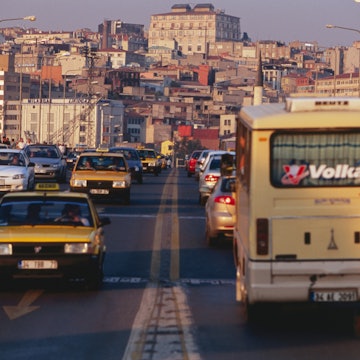
Airlines in Europe are making changes to cabin baggage allowances

Jul 9, 2025 • 3 min read
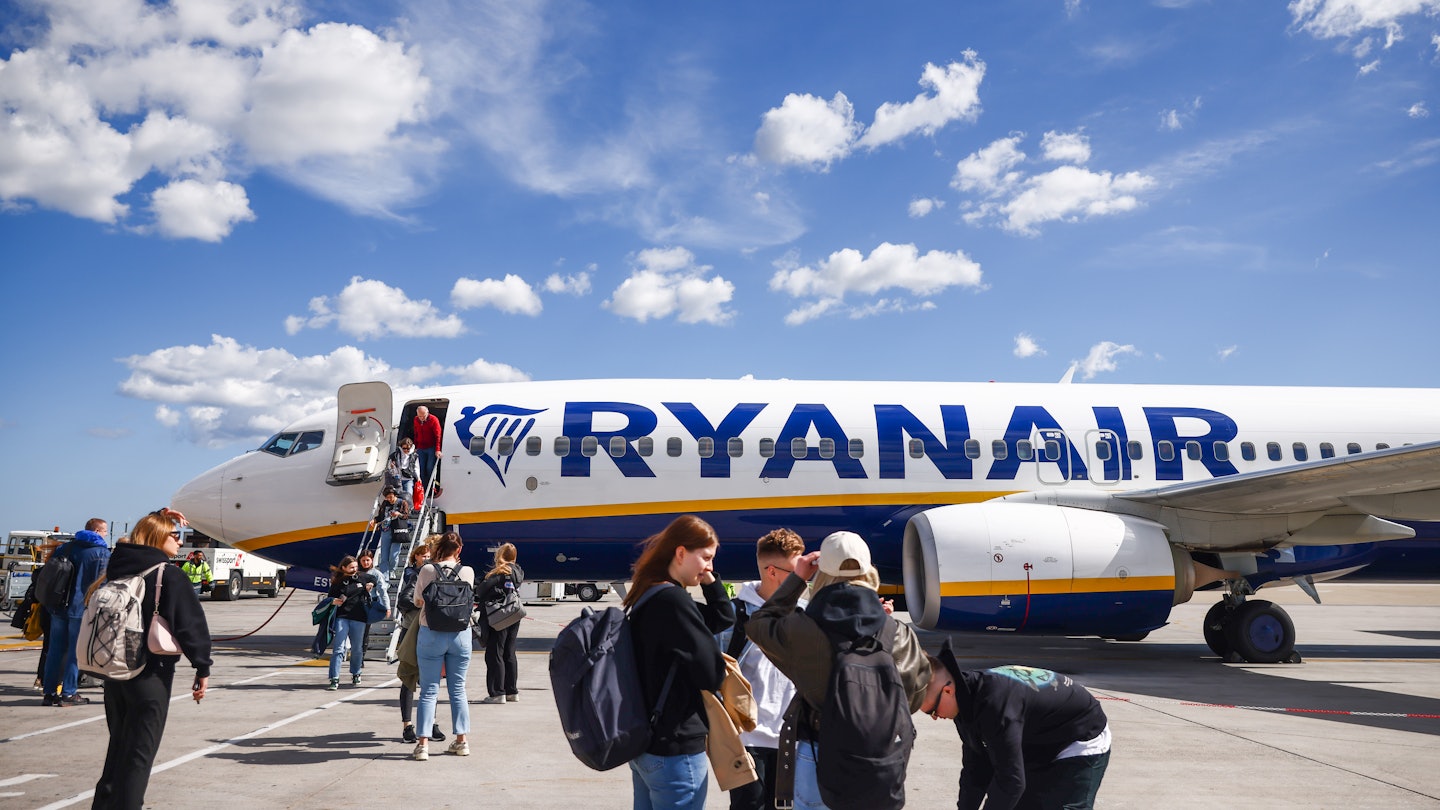
European legislators have proposed banning cabin baggage fees...but don't expect that to become a reality anytime soon. Beata Zawrzel/NurPhoto/Getty Images
Good news for airline passengers who fly with only a small personal item: Ryanair, one of Europe's most popular budget airlines, is upping the maximum size for these bags, which are included in all its fares, from 40 x 25 x 20cm to 40 x 30 x 20cm (15.75 x 11.8 x 7.85in). That means a slightly wider or deeper bag by about a thumb’s length.
Why has Europe's most notoriously fee-happy airline suddenly become generous?
The changes that Ryanair and other airlines are making to personal item allowances haven’t been directly linked to wider EU discussions about reforming passenger rights. But it looks likely that easing personal item restrictions is an attempt to head off legislators, who are discussing further changes, like including a larger carry-on bag as standard with all tickets – a move that could mean free cabin baggage for passengers but higher base fares for everyone.
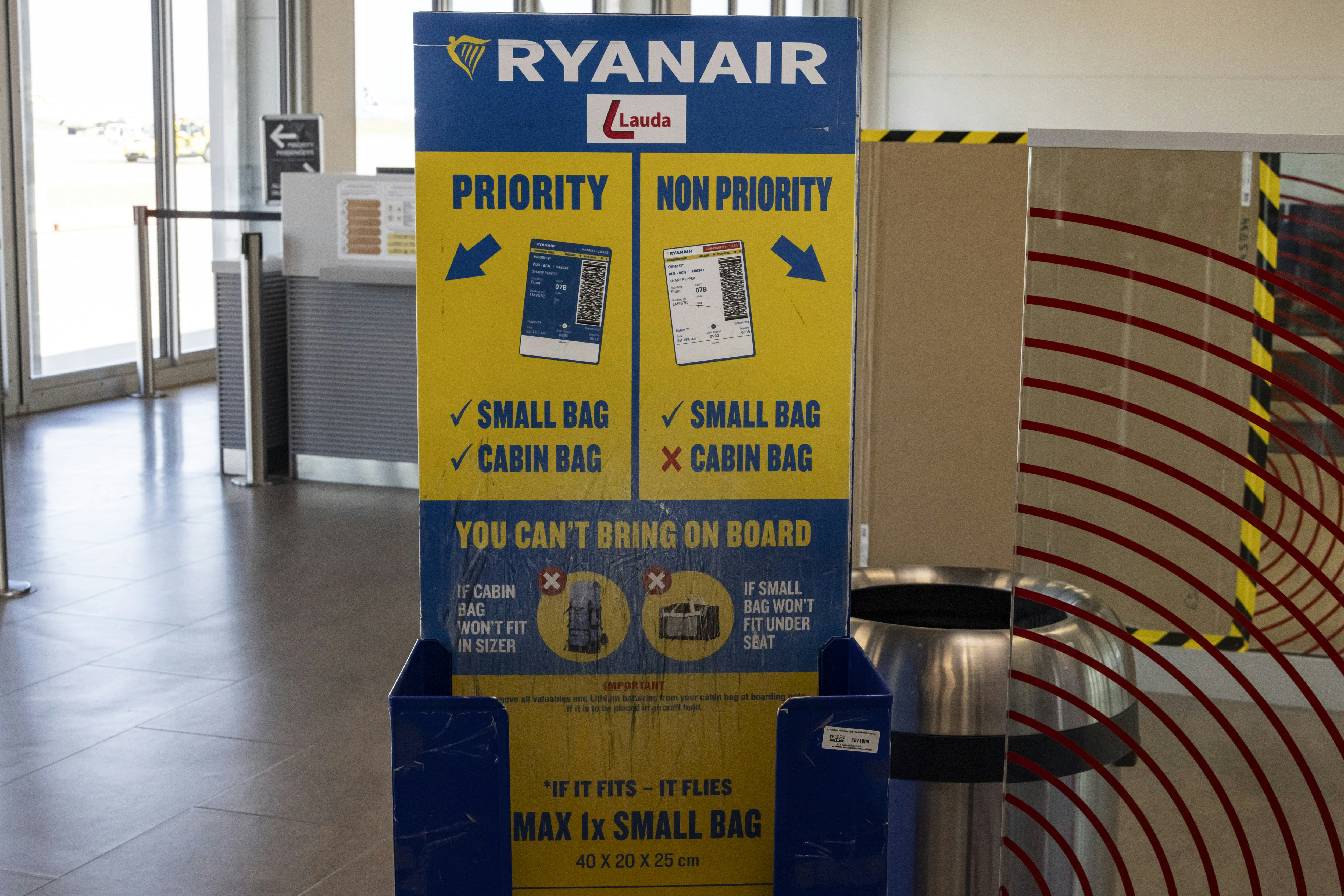
What's changing right now?
Ryanair’s personal item allowance is getting larger before the end of the summer of 2025, which in airline terms, runs through the last Saturday of October. A handful of other European airlines are also adopting a new minimum standard for personal items, though most already meet or exceed it.
These changes only affect the free personal item, the small bag that fits in front of your seat. It is typically restricted by size, but the dimensions vary. Ryanair’s current limit is 40 x 25 x 20cm (roughly 15.75 x 9.85 x 7.85in). That’s about as big as a laptop bag.
The new size (40 x 30 x 20cm) gives you enough extra space for weekend toiletries or a tablet and charger. EasyJet permits personal items of 45 x 36 x 20cm (roughly 17.7 x 14.15 x 7.85in). Wizz Air’s limit is also 40 x 30 x 20cm, and British Airways’ is 40 x 30 x 15cm (roughly 15.75 x 11.8 x 5.9in).
Nothing else is changing about current baggage fees or policies for now.
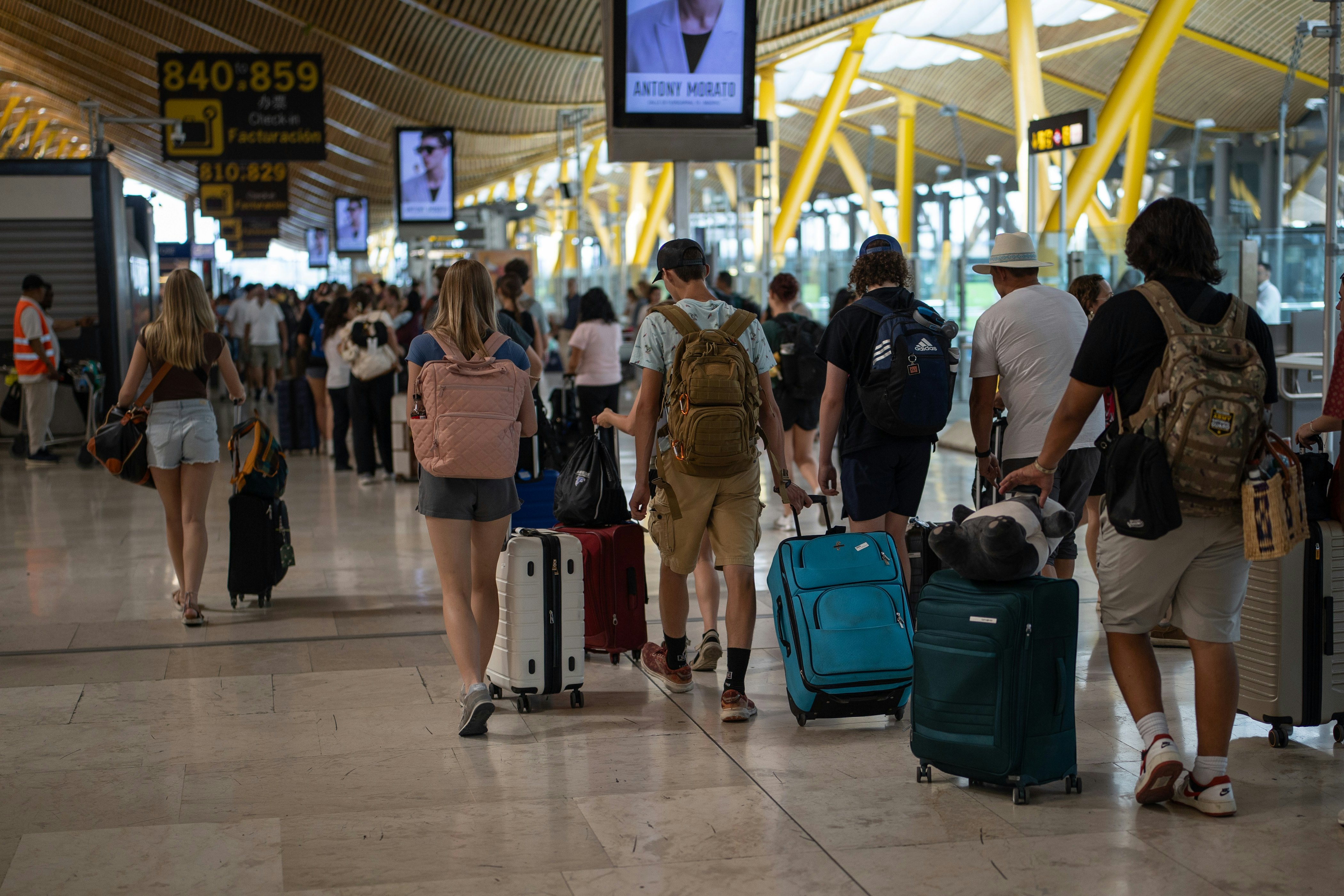
What is the EU proposing in terms of baggage fees?
Separately, European lawmakers are considering much bigger changes: requiring all airlines to include a personal item size of 40 x 30 x 15cm (which is the new A4E standard) plus a 7kg (15.4lb) piece of hand luggage with every ticket for free.
For travelers, this could be transformative. A family of four currently pays around €40 to €60 (US$47 to US$70) extra for cabin bags on a typical Ryanair flight. Under the EU proposals, that would be included in the base fare – though airlines warn those costs would simply be rolled into higher ticket prices for everyone.
This still has to be voted on by the EU, then discussed with member countries before implementation. Timeline? Years, probably, because EU legislation moves slowly.
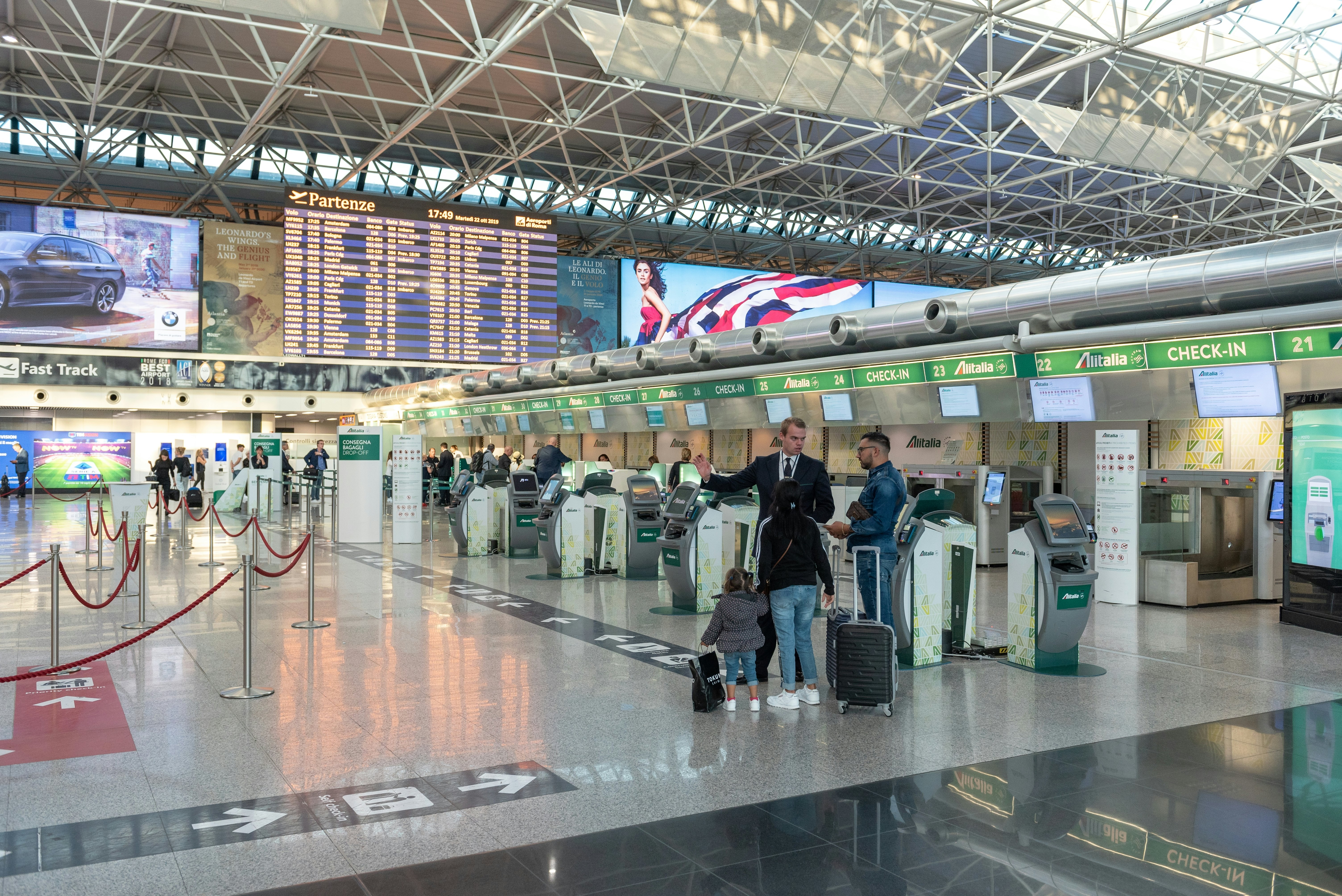
Will airfares increase?
Changing the size of the personal item by a few centimeters shouldn’t change airfares, but making airlines include a piece of hand luggage might, although it shouldn’t be a big increase.
Airlines are predictably opposed. Charitably, this is because there’s not enough overhead bin space for everyone. Uncharitably, this is because they want you to pay if you want that piece of hand luggage, which – let’s remember – was included in most of the cheapest tickets 20 or 30 years ago.
“Europe’s airline market is built on choice,” says Airlines for Europe Managing Director Ourania Georgoutsakou. “Forcing a mandatory trolley bag strips passengers of that choice and obliges passengers to pay for services they may not want or need. What’s next? Mandatory popcorn and drinks as part of your cinema ticket?”
So would a hand luggage mandate mean higher fares? Perhaps in the long term if it goes ahead, since in theory, airlines would want to recoup the money they currently make from hand luggage fees. Would that be noticeable in the background of other fees, taxes, charges and extras? There are a lot of factors, but I’d say probably not.
Most likely, airlines will still advertise low lead-in fares, but expect to see a new line item – perhaps cheekily labeled something like “EU Baggage Compliance Fee” – added to your final bill.






















